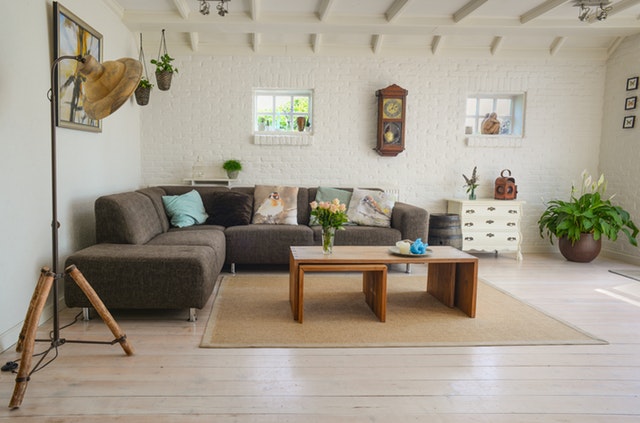 Whether this is your first big purchase, or your family is moving to a new location or looking for more space, buying a home has its share of ups and downs.
Whether this is your first big purchase, or your family is moving to a new location or looking for more space, buying a home has its share of ups and downs.
It’s perfectly normal to feel anxious about whether or not you’ve found the right property. Here are some things you can do to make yourself feel more secure with your decision.
Do The Math
You’ve probably already done this, but it’s okay to go over it a number of times to be sure. Factor in your household income and all the bills you expect to pay every month. Add everything up.
It sounds like a stressful activity, but when you look at the numbers and realize that buying a home is actually doable, it can be a liberating feeling.
When you know for sure you can make it as a homeowner without getting underwater, you will feel more confident.
Meet The Neighbors
If you haven’t had the chance to knock on a couple of doors yet, you should spend some time saying hello to people in the neighborhood.
The more you can get to talking with families that are just like yours, the more you will be able to picture yourself as a member of the community. If you have kids, find out if there are other kids the same age nearby. That will help to ease their anxiety about moving as well.
Ask Your Agent
Don’t feel like you are being overly cautious if you ask your real estate agent your lingering questions. Make sure you’re getting a good price for the area, and make sure you know about any issues with the condition of the property. You should be able to trust that they’re excited for your decision, not just for making the sale.
Familiarize Yourself With The Neighborhood
Take a drive and figure out which stores you’re nearest to, the route you can take to get to work, and which other amenities you might take advantage of. Home buyers often underestimate how important living in a safe neighborhood with plenty of accessible businesses can be. The more you can imagine yourself living at your new address, the better you will feel.
Remember, never sign the papers on a new home unless you feel one hundred percent secure in your buying decision. If you need more answers, pick up the phone and call a real estate agent you can trust and who can walk you through every step of the process.
 Multigenerational housing is a growing trend that is propelled by the “graying of America.” This trend is the mirror image of children who become adults still living with their parents. Instead, with multigenerational housing, the adult children invite their parents to live with them. Many are seeking to buy larger homes to accommodate the needs of their young family, while also being able to live together with their parents.
Multigenerational housing is a growing trend that is propelled by the “graying of America.” This trend is the mirror image of children who become adults still living with their parents. Instead, with multigenerational housing, the adult children invite their parents to live with them. Many are seeking to buy larger homes to accommodate the needs of their young family, while also being able to live together with their parents. With the sometimes high cost of buying and maintaining a home and the concept of being sustainable becoming more popular, many people are considering moving to a smaller home to minimize their impact. It’s important, however, to consider what living small is really like before deciding that it’s the right move for you.
With the sometimes high cost of buying and maintaining a home and the concept of being sustainable becoming more popular, many people are considering moving to a smaller home to minimize their impact. It’s important, however, to consider what living small is really like before deciding that it’s the right move for you. If you’re already a homeowner and you’re getting ready to buy a new home, you know it’s tricky to buy and sell a home at the same time. There are lots of questions about how to handle this scenario. What if your old home doesn’t sell quickly?
If you’re already a homeowner and you’re getting ready to buy a new home, you know it’s tricky to buy and sell a home at the same time. There are lots of questions about how to handle this scenario. What if your old home doesn’t sell quickly? Are you growing tired of renting? Or perhaps you’ve recently graduated from college and are looking to set down some roots?
Are you growing tired of renting? Or perhaps you’ve recently graduated from college and are looking to set down some roots?